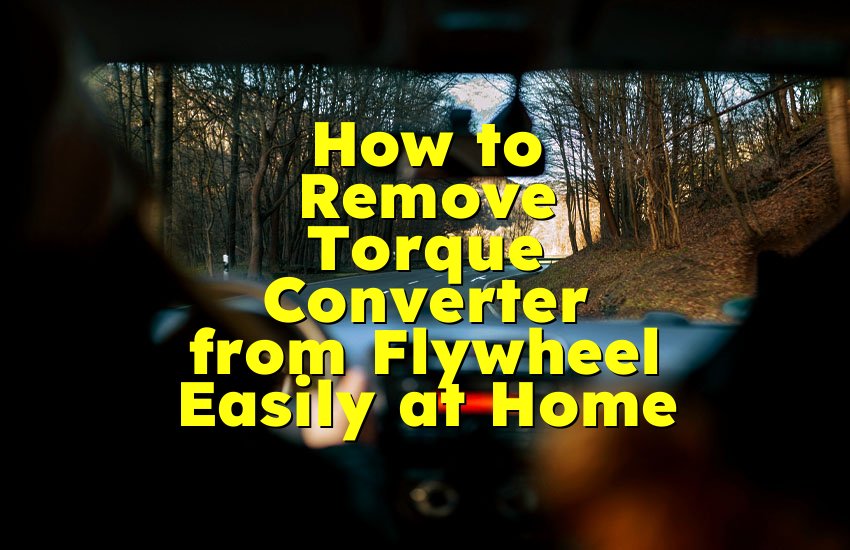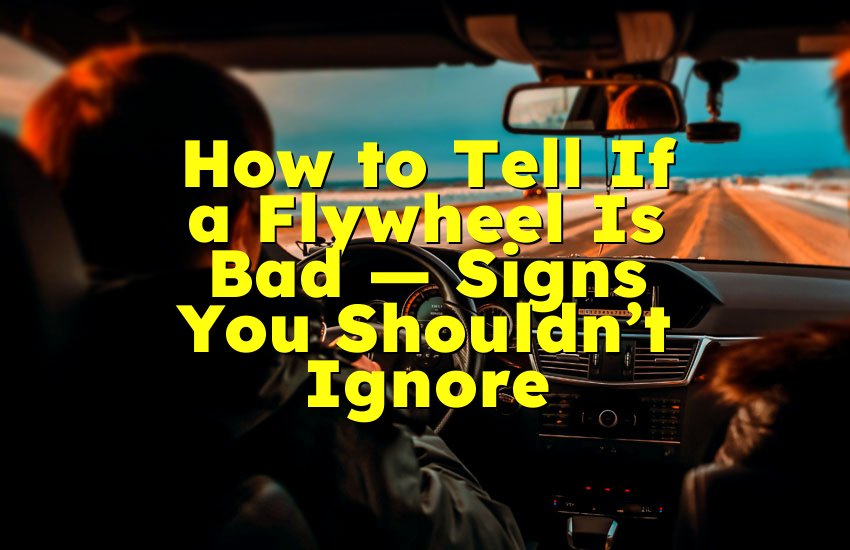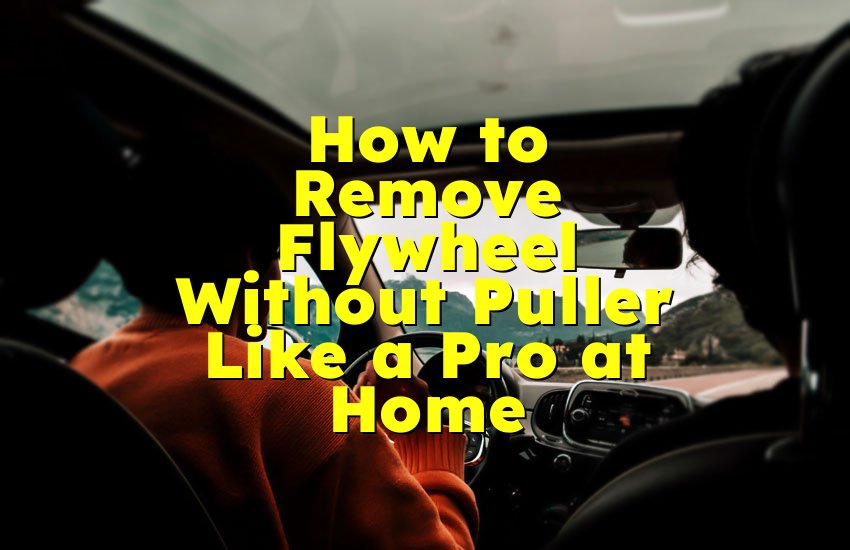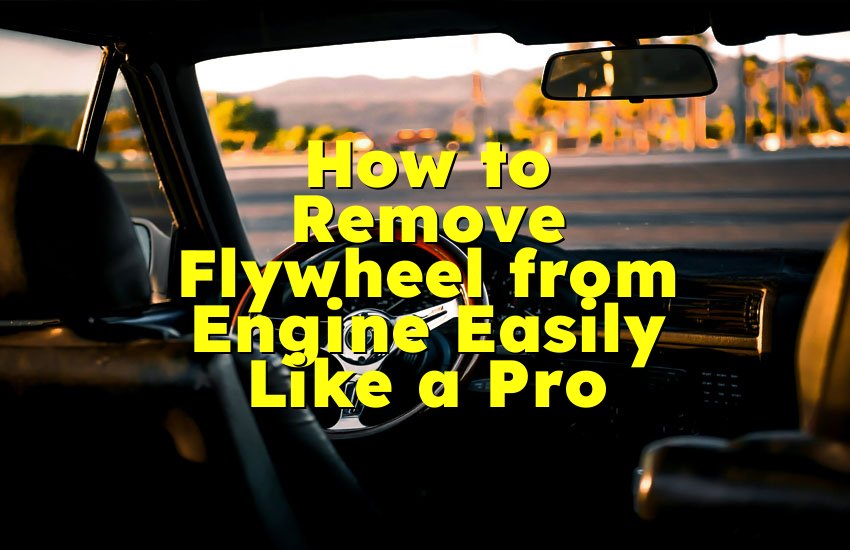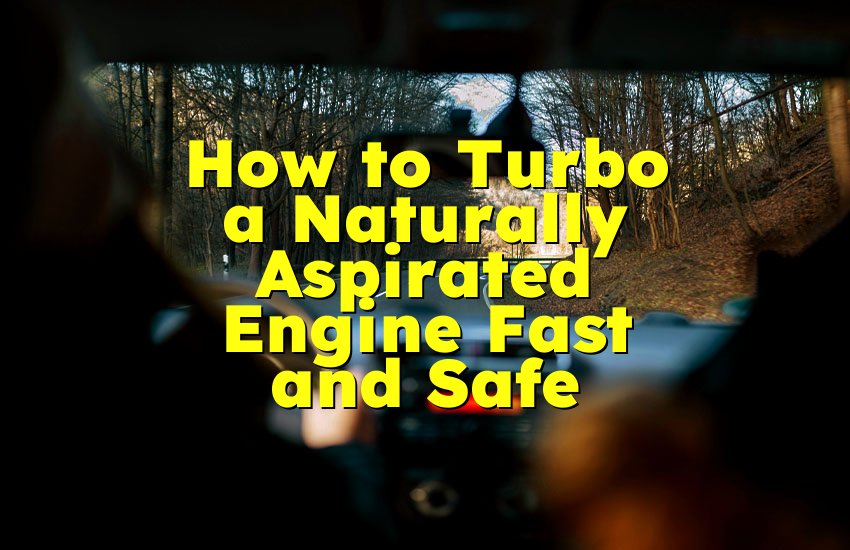As an Amazon Associate, I earn from qualifying purchases at no extra cost to you.
Does a Dirty Air Filter Cause Your Car to Jerk? Find Out Now!
Have you ever been driving when suddenly your car starts to jerk or shake? It feels scary and confusing. I once faced this problem, and after some checking, I found out a dirty air filter was the main cause. In this article, I will explain how a dirty air filter can make your car jerk and what you can do to fix it. You will get clear answers and simple tips to keep your car running smooth again.
How a Dirty Air Filter Affects Your Car's Engine
Your car's engine needs a good mix of air and fuel to run well. The air filter's job is to clean the air before it goes into the engine. If the air filter gets dirty or clogged, less air can get in.
This changes the air-to-fuel mix, making the engine work harder or run poorly. When the engine does not get enough clean air, it can cause your car to jerk or hesitate when you press the gas pedal.
When the air filter is dirty, the engine may also burn more fuel or run unevenly. This leads to a rough drive and strange engine sounds. The jerking feeling happens because the engine struggles to keep a steady power output. Sometimes, you may notice the car jerks more when you accelerate or drive uphill. This is a clear sign the air filter might be blocking air flow.
Cleaning or changing the air filter is usually easy and not expensive. Many car problems like jerking can be fixed quickly by checking the air filter first. It's a good idea to look at your air filter regularly, especially if you drive in dusty or dirty places. A clean air filter helps your engine breathe well and keeps your car running smooth.
- The air filter cleans air going to the engine
- A dirty air filter blocks air flow
- Poor air flow changes the fuel mixture
- Engine struggles and causes jerking
- Clean air filters improve car performance
- Regular checks can prevent jerking problems
Signs That Your Air Filter Needs Cleaning or Changing
It is important to know how to tell if your air filter is dirty. There are easy signs to watch for. One big sign is your car jerks or feels rough when you drive. But there are other clues too. If your car uses more gas than usual, or the engine sounds louder or rough, your air filter might be clogged.
You might also notice black smoke coming from the exhaust or a smell like fuel. This happens because the engine is burning fuel unevenly due to less air getting in. Some cars have a warning light on the dashboard that can come on if the engine is not working well. If you see this light, check the air filter as one of the first things.
Taking the air filter out and looking at it can show you if it is dirty. A clean air filter is usually white or light gray. If it looks dark, full of dust, or oily, it's time to clean or replace it. How often you need to change the filter depends on your car and driving conditions, but every 12,000 to 15,000 miles is common. Driving in dusty places may need more frequent changes.
- Jerking, rough driving, or loss of power
- More fuel use than normal
- Loud or rough engine noise
- Black smoke or fuel smell from exhaust
- Dashboard warning lights
- Dirty or dark air filter on inspection
- Change every 12,000-15,000 miles or more in dusty areas
How to Check and Clean a Dirty Air Filter Yourself
You don't always need a mechanic to check your air filter. It's something you can do at home with a little care. First, find the air filter box under the hood. It usually looks like a black plastic box near the engine with clips or screws holding it closed. Open the box carefully and take out the air filter.
Look at the filter closely. If it's covered in dirt, leaves, or dust, it needs cleaning or changing. For some air filters, you can gently clean them by tapping or blowing out the dust with air. But be careful not to damage the filter. Paper filters usually cannot be cleaned well and should be replaced.
If the filter looks damaged or too dirty, buy a new one that fits your car model. Replacing an air filter is simple: just put the new filter in the box the same way you took the old one out, and close the box tightly. This small task can fix jerking problems and improve your car's power.
Always check your car manual to know the exact air filter type and replacement steps. Doing this yourself can save money and help you learn more about your car. Plus, a clean air filter keeps your car happy and smooth on the road.
- Find the air filter box under the hood
- Open the box and remove the filter
- Check for dirt, dust, or damage
- Tap or blow out dust if the filter can be cleaned
- Replace the filter if too dirty or damaged
- Put new filter in place and close box tightly
- Check car manual for exact instructions
Why a Dirty Air Filter Can Lead to More Serious Engine Problems
If you ignore a dirty air filter, your car can develop bigger engine issues. When the engine does not get enough air, it tries to fix the problem by using more fuel. This can cause the engine to run too rich, which means too much fuel and not enough air. Running rich wastes fuel and can damage parts like spark plugs and the catalytic converter.
Dirty air filters also let dirt and dust sneak into the engine if the filter is damaged or too clogged. These particles can cause wear and tear inside the engine, making it less efficient and shortening its life. Over time, you might see poor gas mileage, loss of power, and more jerking or stalling.
Fixing engine problems caused by a dirty air filter can be expensive. That's why regular air filter care is very important. Changing the air filter on time keeps your engine clean and saves you from costly repairs. It also helps reduce pollution because your car burns fuel more cleanly with a good air filter.
- Dirty air filters cause the engine to run rich
- Too much fuel and not enough air harms engine parts
- Dirt and dust can enter engine if filter is damaged
- Engine parts wear down faster
- Poor gas mileage and rough driving get worse
- Timely air filter changes prevent costly repairs
- Clean filters help reduce pollution
How Driving Conditions Affect Your Air Filter and Jerking Issues
Where and how you drive your car affects how fast your air filter gets dirty. If you drive a lot in the city with heavy traffic, your air filter may last longer because there is less dust. But if you drive on dirt roads, near construction sites, or in very dry and dusty places, your filter will clog faster.
Weather also matters. In rainy or snowy places, the air filter can get wet or dirty faster. Wet filters can reduce air flow and cause jerking or stalling. In very cold places, the filter may freeze or become hard to breathe through. This is why checking the air filter often is important if you live in harsh driving areas.
Your driving style can also change how fast the filter gets dirty. Fast driving, sudden stops, and quick acceleration can make the engine need more air and cause the filter to get clogged with dust faster. Being gentle on the gas pedal and driving smoothly helps your air filter last longer.
- Dusty or dirt roads clog filters quickly
- Rain, snow, or wet conditions dirty filters faster
- Cold weather can freeze or harden filters
- City driving may cause less dirt buildup
- Fast and rough driving wears out filters faster
- Smooth driving helps keep air filter clean
- Check air filter often in tough conditions
Simple Tips to Prevent Jerking Caused by a Dirty Air Filter
The best way to avoid jerking from a dirty air filter is prevention. Keep your air filter clean by checking it regularly and changing it on time. Remember to follow your car's manual for how often to replace it. Don't wait until the car starts jerking or shows other signs.
Try to avoid driving on very dusty or dirty roads when possible. If you must drive in such places, check your air filter more often. Also, keep the engine area clean by wiping away dirt and dust under the hood. This helps stop dust from reaching the air filter.
Be careful with how you drive. Gentle acceleration and steady speeds make it easier for your engine to breathe well. If you feel your car jerking, slow down and check your air filter first. Fixing a dirty air filter is easier and cheaper than fixing big engine problems later.
- Check and change air filter regularly
- Follow car manual for replacement times
- Avoid dusty or dirty roads when possible
- Clean engine area under the hood
- Drive gently with smooth acceleration
- Check air filter if jerking starts
- Fix filter issues early to save money
Final Thoughts
A dirty air filter is a simple problem that can cause your car to jerk and shake while driving. It blocks air from reaching the engine, making the engine run poorly. This can lead to rough driving, more fuel use, and even bigger engine troubles if left alone. By checking and changing your air filter often, you can keep your car running smooth and avoid scary jerking moments. Remember, a clean air filter helps your engine breathe better and keeps your ride safe and comfortable.
| What to Do | Why It Matters | How Often to Do It |
|---|---|---|
| Check air filter | To see if it is dirty or clogged | Every 6,000 to 10,000 miles or monthly in dusty areas |
| Clean or replace filter | To keep air flowing freely to the engine | Replace every 12,000 to 15,000 miles or as needed |
| Avoid dusty roads | To slow down filter clogging | Whenever possible |
| Drive smoothly | To reduce engine strain and dust intake | Always |
| Clean engine area | To prevent dust build-up near the filter | Every few months |
Frequently Asked Questions (FAQs)
Is it normal for a dirty air filter to make my car jerk?
Yes, it is quite normal. When your air filter is dirty, it blocks the air needed for the engine. This causes the engine to run unevenly and can make the car jerk. The jerking happens because the engine struggles to get the right air-fuel mix, leading to rough power delivery. Cleaning or changing the filter often fixes this problem and makes your car run smoother.
Can a dirty air filter cause other problems besides jerking?
Absolutely. A dirty air filter can cause poor gas mileage, bad engine sounds, and even black smoke from the exhaust. Over time, it can damage engine parts like spark plugs and the catalytic converter. These issues can cost a lot to fix. So, keeping your air filter clean helps prevent these problems and keeps your engine healthy.
Do I need to replace the air filter or just clean it?
This depends on the type of air filter your car uses. Some filters can be cleaned gently by blowing air or tapping out dust. However, many paper filters cannot be cleaned well and must be replaced. If your filter looks very dirty or damaged, it's best to replace it. Check your car's manual for what kind of filter you have and how to care for it.
Is it easy to check the air filter myself?
Yes, checking the air filter is usually very easy and something most car owners can do at home. The air filter is inside a box under the hood, often held by clips or screws. You just open the box, take the filter out, and look at it. If it looks dirty or clogged, it needs attention. Always be gentle when handling the filter.
Can a dirty air filter affect fuel economy?
Yes, it can. When the air filter is clogged, the engine gets less air and burns more fuel to try to keep up. This means your car uses more gas than it should, lowering your fuel economy. Keeping the air filter clean helps the engine burn fuel more efficiently and saves you money at the pump.
Do I need to check the air filter more often in certain places?
Yes. If you drive often in dusty or dirty areas, near construction, or on dirt roads, your air filter will clog faster. In these cases, you should check and possibly replace your air filter more often than usual. Driving in city traffic usually causes less dirt buildup on the filter.
Is it safe to keep driving with a dirty air filter?
It is not safe to keep driving with a very dirty air filter. It can cause your car to jerk suddenly, lose power, or stall, which can be dangerous especially in traffic. Also, it can cause damage to your engine over time. It's best to fix the air filter problem as soon as you notice symptoms like jerking.
Can I fix the jerking by just cleaning the air filter?
Sometimes cleaning the air filter helps if it is only lightly dirty. But if the filter is very clogged or damaged, cleaning won't fix the problem and replacement is needed. If jerking continues after changing the filter, the problem might be caused by other engine issues, so a mechanic should check it.




